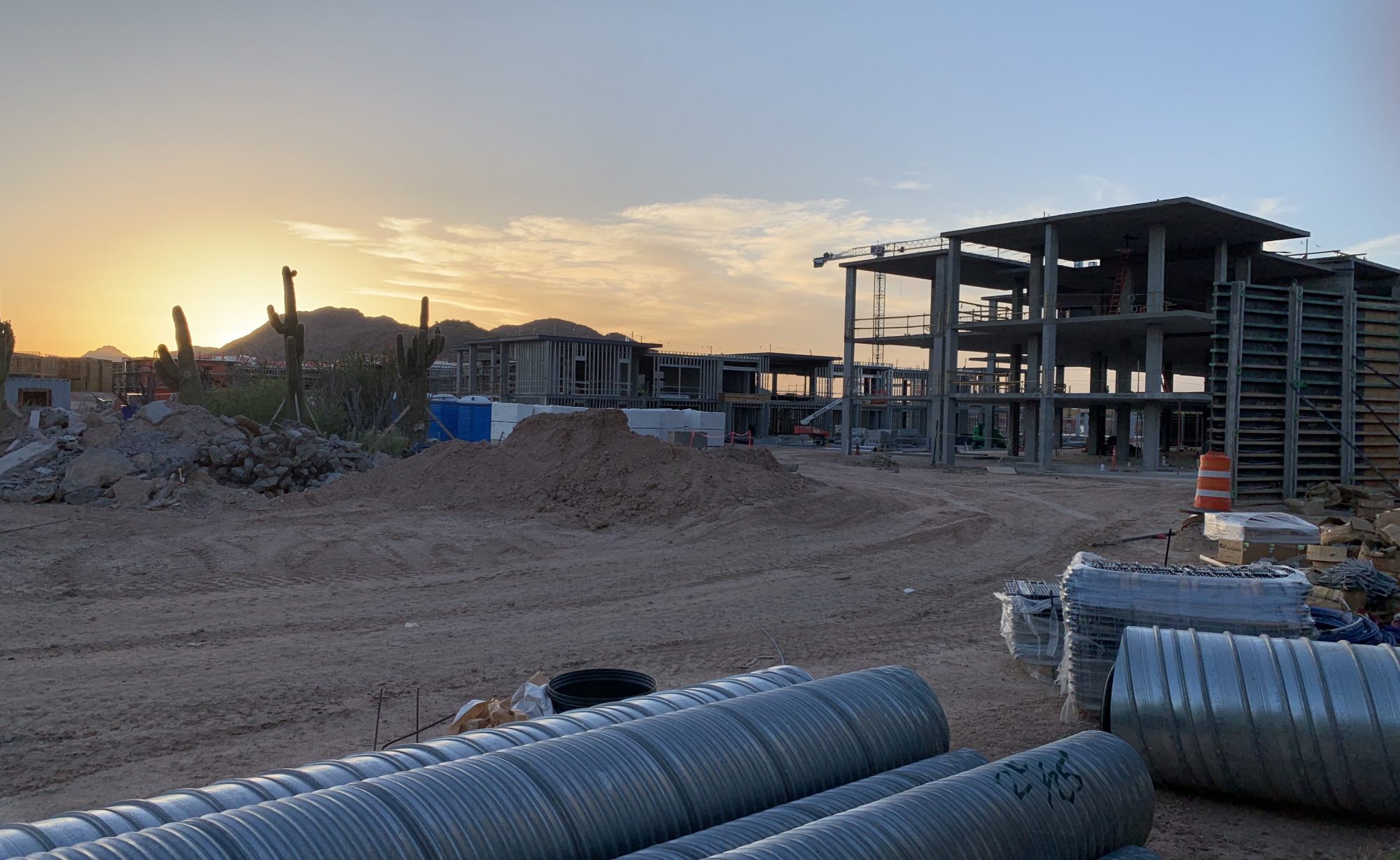
Way back in the sixteenth century, Miguel de Cervantes observed that “[d]elay always breeds danger.” In Southwest Fabrication, LLC v. City of Phoenix, the Arizona Court of Appeals recently confirmed that this principle still very much applies to contractors protesting public contract awards. In particular, the Court held that parties litigating the propriety of an award “must act to preserve the status quo before contract performance begins to avoid [the equitable defense of] laches.” The protesting contractor in Southwest Fabrication failed to preserve the status quo and, as a result, its bid protest failed.
Background
Southwest Fabrication arose out of an October 28, 2016 invitation by the City of Phoenix for bus stop enhancement bids. Only two contractors bid the work— Southwest Fabrication, LLC (“SWF”) and TALIS Construction Corporation (“TALIS”). TALIS’ bid was lower by approximately $600,000 and it was awarded the contract as the “lowest responsive, responsible bidder” in January 2017.
SWF subsequently filed a protest, alleging primarily that: (1) TALIS was not a responsible bidder because it did not meet the work-experience requirements in the invitation for bids; and (2) TALIS’s bid was not responsive because it did not comply with the electrical-system requirements in the plans. The City staff denied SWF’s protest and SWF appealed. After a subsequent evidentiary hearing, the city manager also denied SWF’s protest. In the meantime, the City and TALIS executed a contract on May 10, 2017.
On May 25, 2017, SWF filed a special action complaint in the Superior Court asking: (1) for a preliminary injunction; (2) to rescind the contract award to TALIS; and (3) to award the contract to SWF. TALIS began performing under the contract on May 31, and within two weeks it had already performed work on 66 bus stops. On June 19, SWF filed an application for a preliminary injunction, which was not included with its complaint. The trial denied the application three months later, finding that SWF’s claims were barred by laches and were moot.
SWF did not appeal the order denying its application for a preliminary injunction. Rather, after months passed, the trial court granted summary judgment in favor of TALIS and the City on SWF’s claims. After a failed attempt at post-judgment relief, SWF timely appealed.
Analysis
On appeal, SWF primarily argued that its claims were not barred by laches because it timely sought to preserve the status quo. Laches is an equitable defense aimed at discouraging dilatory conduct. It generally bars claims when delay is unreasonable and results in prejudice to the opposing party. It is particularly applicable where, as here, a party is pursuing special action relief. It is well-established that such relief can be denied where the plaintiff fails to pursue its claims in a timely manner.
In deciding whether laches applied here, the Court of Appeals focused on two cases—Ash, Inc. v. Mesa Unified Sch. Dist. No. 4, 138 Ariz. 190 (App. 1983) and Western Sun Contractors Co. v. Super. Ct., 159 Ariz. 223 (App. 1988). The Court held that, when read together, these cases “make it clear that a party must act to preserve the status quo before contract performance begins to avoid laches.”
Unfortunately for SWF, the Court also found that SWF “failed to preserve the status quo throughout litigation.” First, the Court noted that “SWF unreasonably delayed by waiting until after construction was well underway to file its application for preliminary injunction.” Second, the Court concluded that “SWF did not diligently advance its case when it failed to appeal the superior court’s order denying its application.” Instead, SWF waited. And by the time that the lower court entered summary judgment against SWF, “TALIS had been performing work under the contract for more than ten months.” The Court held that the waiting prejudiced TALIS because it caused TALIS to change its position.
Conclusion
Given that SWF failed to preserve the status quo throughout litigation, the Court of Appeals affirmed the trial court’s grant of summary judgment in favor of the City and TALIS. The main takeaway from Southwest Fabrication is that a party pursuing a bid protest must act diligently. It must take the available steps to postpone the winning bidder’s work while the protest is being litigated. Otherwise, like SWF, the laches doctrine will likely defeat the bid protest.
